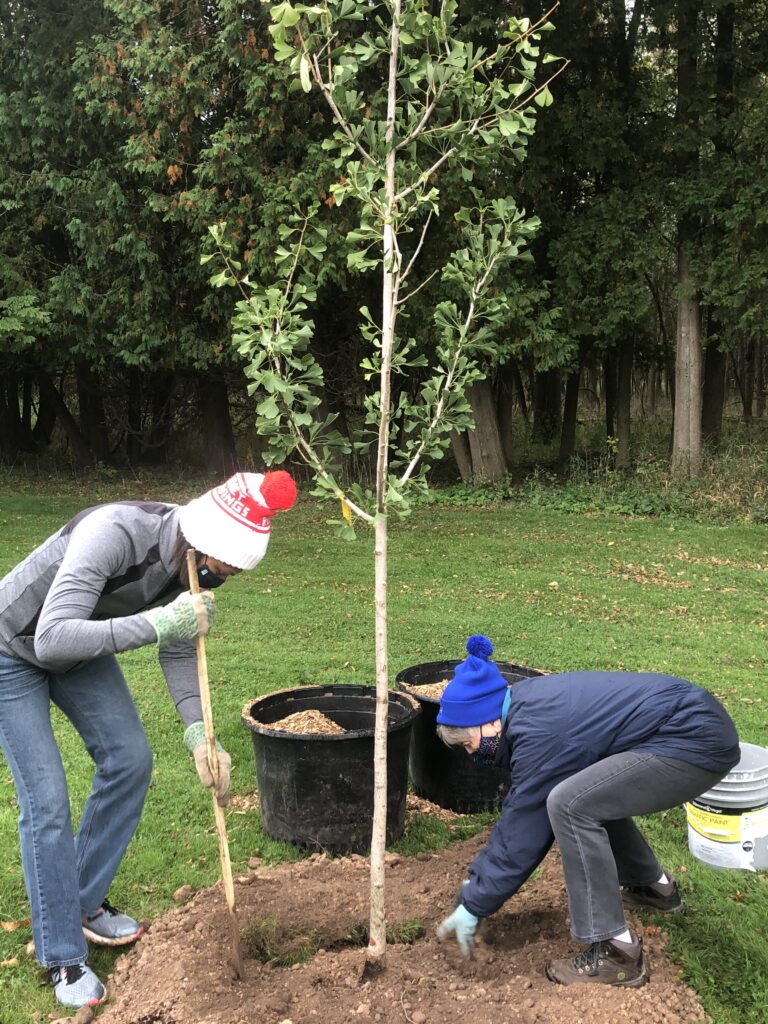
City of Sheboygan. Photo credit: Restoration of our Trees Sheboygan
In the past two months, Restoration of our Trees Sheboygan (ROOTS) celebrated the kickoff of five private-public sector emerald ash borer (EAB) mitigation projects in four communities throughout Sheboygan County, resulting in the safe removal of hundreds of dead ash trees and their accelerated replacement in public parks and on public thoroughfares.
These projects are underway in the City of Sheboygan, the City of Plymouth, the City of Sheboygan Falls, and the Village of Elkhart Lake. Each of these communities was awarded grant funding by the ROOTS Community Investment Fund. It initiated its first round of awards earlier this year through its executive agent, the Sheboygan County Rotary Foundation.
Continue reading “ROOTS Kicks Off Collaborative Tree Planting Projects”

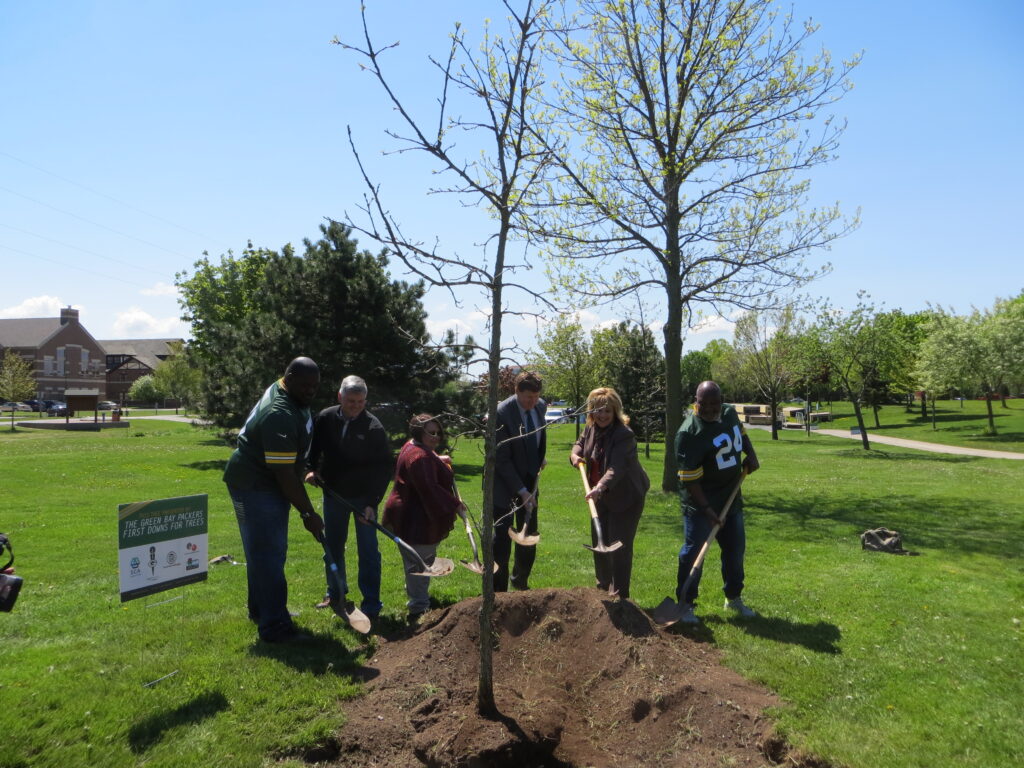
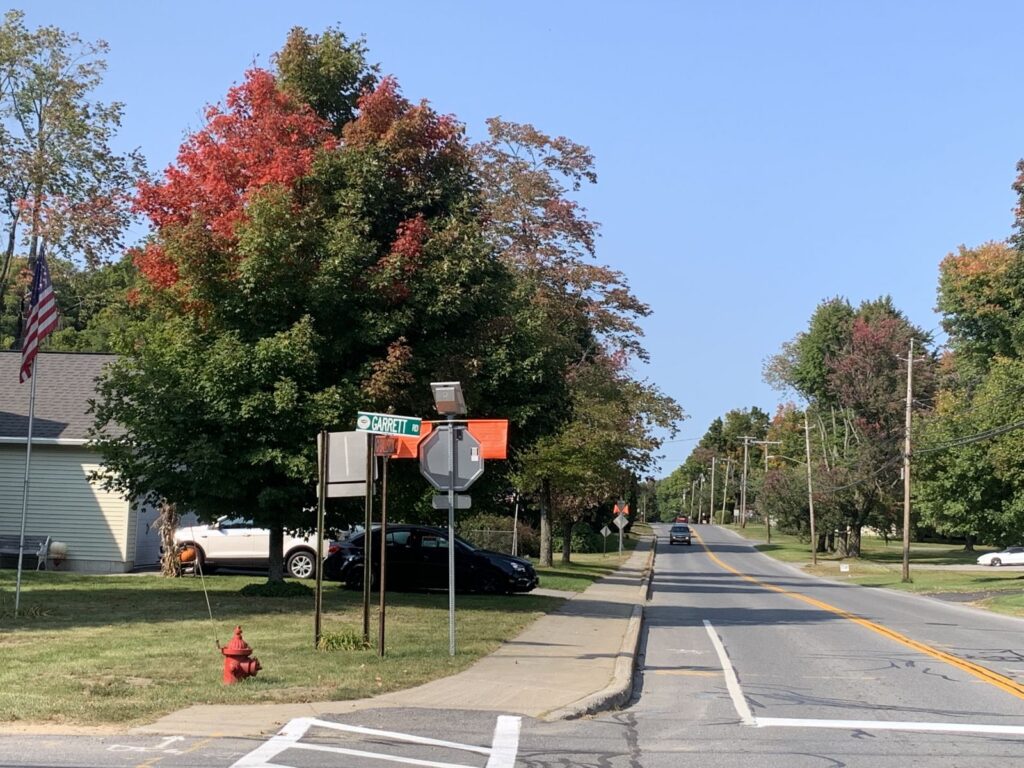
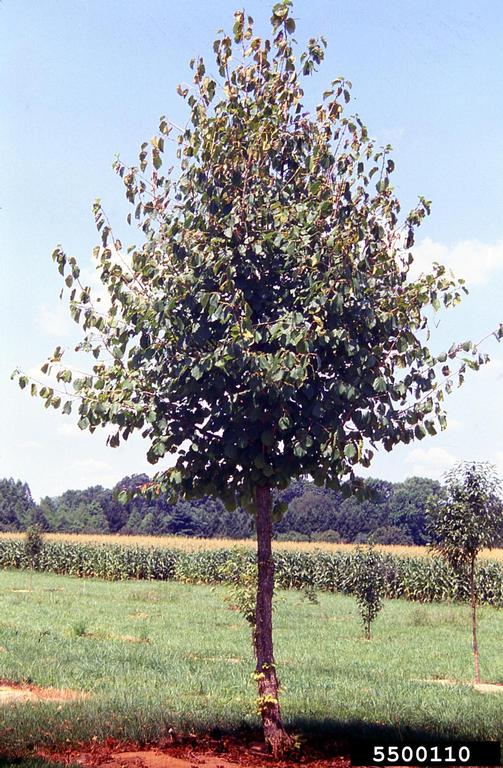
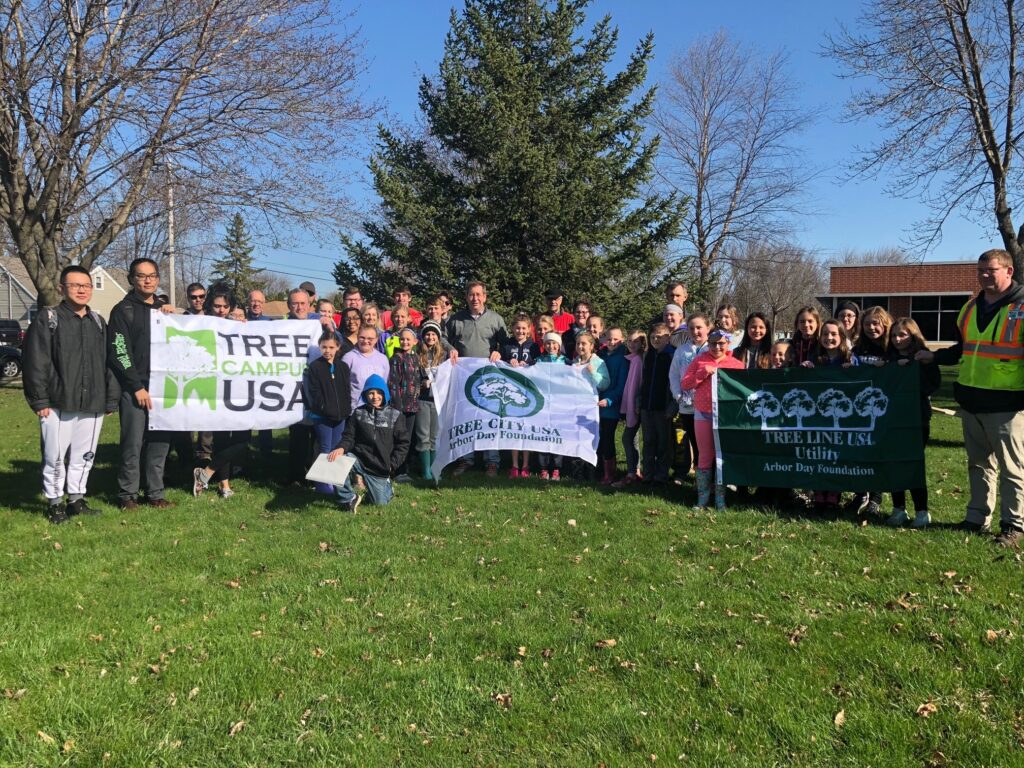
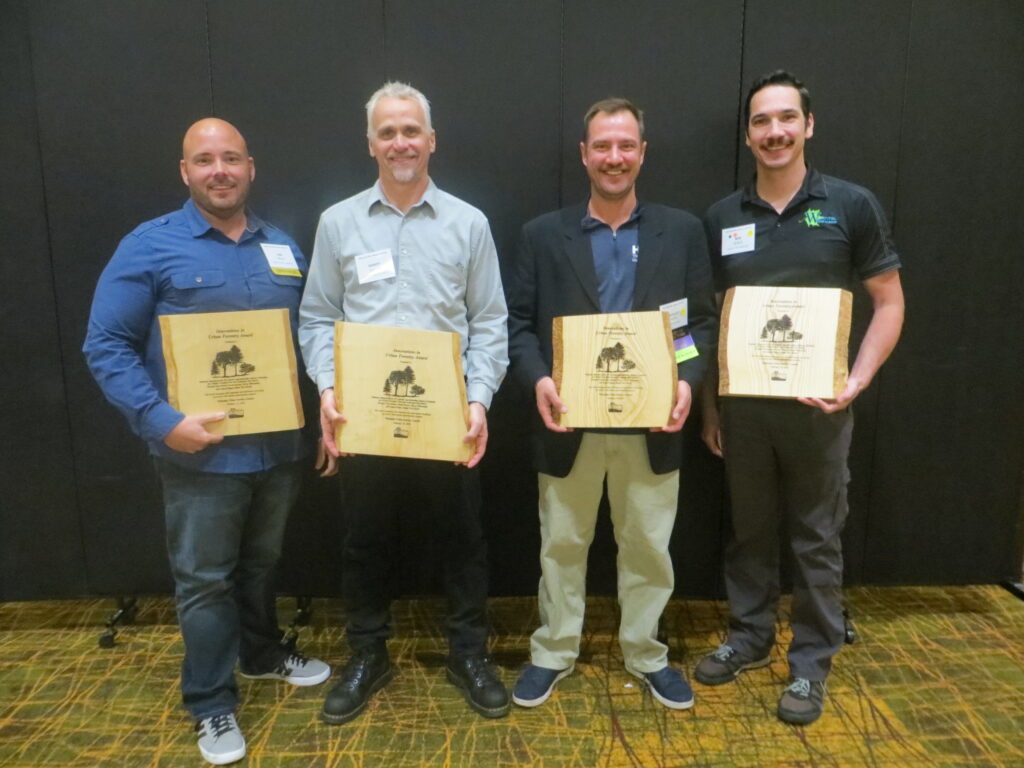 The Council presents annual awards to outstanding individuals, organizations, communities and tribes that further urban forestry in Wisconsin. The awards are announced each year at the annual Wisconsin Urban Forestry Conference and presented to winners in their community. We are currently seeking nominations for the 2021 awards.
The Council presents annual awards to outstanding individuals, organizations, communities and tribes that further urban forestry in Wisconsin. The awards are announced each year at the annual Wisconsin Urban Forestry Conference and presented to winners in their community. We are currently seeking nominations for the 2021 awards.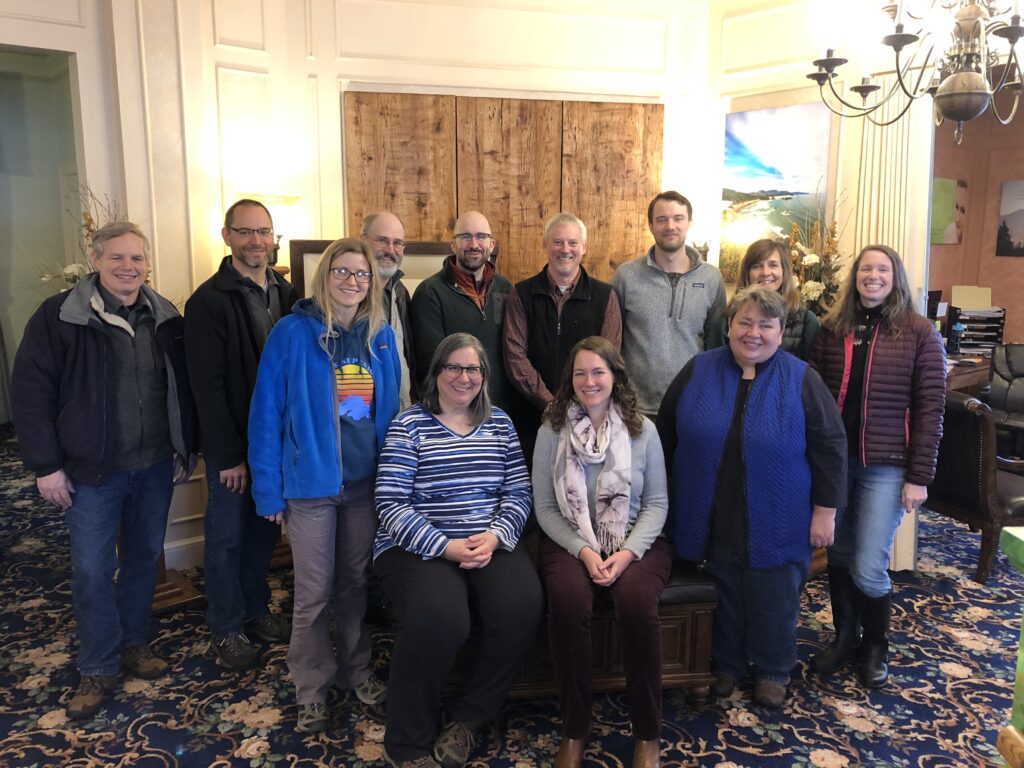 Wisconsin’s urban forests provide a wide range of ecological, economic and social benefits. Urban areas contain nearly 27 million trees with an estimated total replacement value of almost $11 billion. Many don’t realize all the services urban forests provide. They reduce air pollution, mitigate storm water runoff, conserve energy, provide wildlife habitat, increase property values, and attract businesses, tourists and residents. They even improve public health and well-being. The Wisconsin DNR’s Urban Forestry Team seeks to maximize these benefits derived from our state’s community tree canopies.
Wisconsin’s urban forests provide a wide range of ecological, economic and social benefits. Urban areas contain nearly 27 million trees with an estimated total replacement value of almost $11 billion. Many don’t realize all the services urban forests provide. They reduce air pollution, mitigate storm water runoff, conserve energy, provide wildlife habitat, increase property values, and attract businesses, tourists and residents. They even improve public health and well-being. The Wisconsin DNR’s Urban Forestry Team seeks to maximize these benefits derived from our state’s community tree canopies. 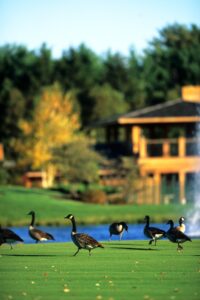 The Wisconsin DNR is currently accepting applications for Urban Wildlife Damage Abatement and Control (UWDAC) grants. UWDAC grants are available to any town, city, village, county or tribal government located within an urban area (
The Wisconsin DNR is currently accepting applications for Urban Wildlife Damage Abatement and Control (UWDAC) grants. UWDAC grants are available to any town, city, village, county or tribal government located within an urban area (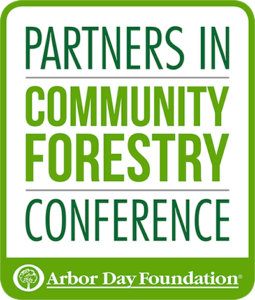 Sponsored by the Arbor Day Foundation, the Partners in Community Forestry Conference is the largest international gathering of urban forestry practitioners, advocates, researchers, and government leaders. The virtual format this year provides an excellent opportunity to attend this leading conference so easily and inexpensively.
Sponsored by the Arbor Day Foundation, the Partners in Community Forestry Conference is the largest international gathering of urban forestry practitioners, advocates, researchers, and government leaders. The virtual format this year provides an excellent opportunity to attend this leading conference so easily and inexpensively.